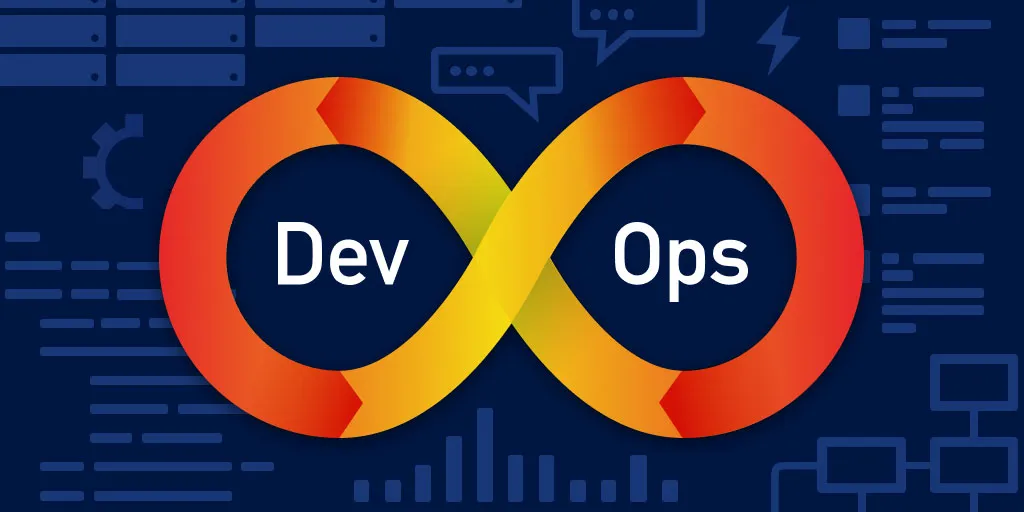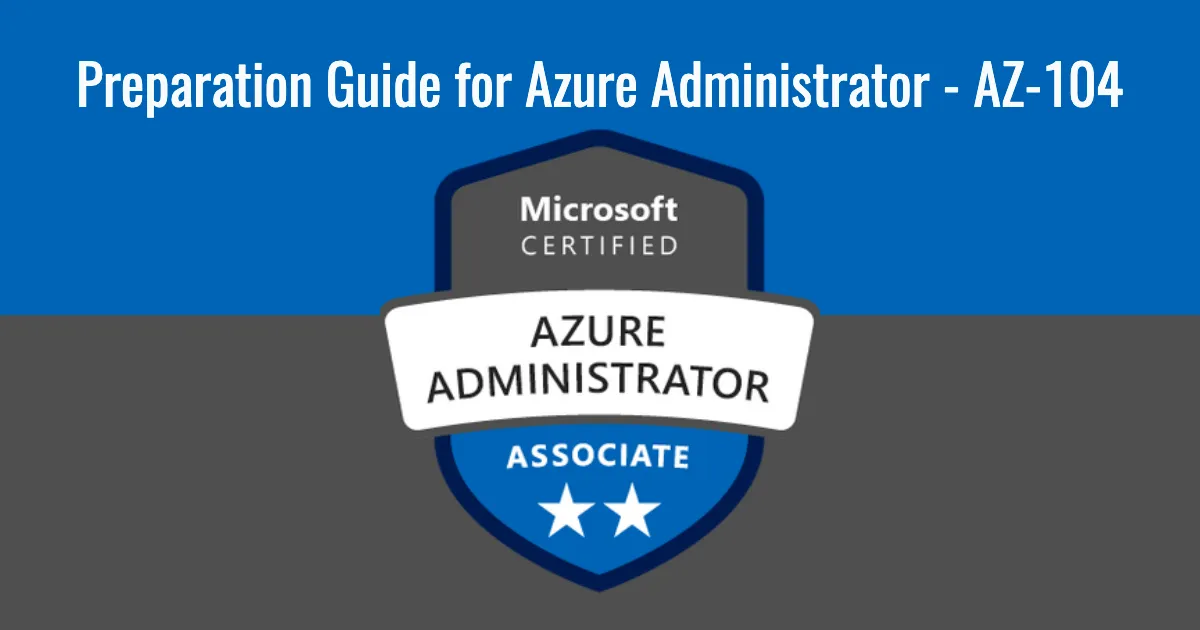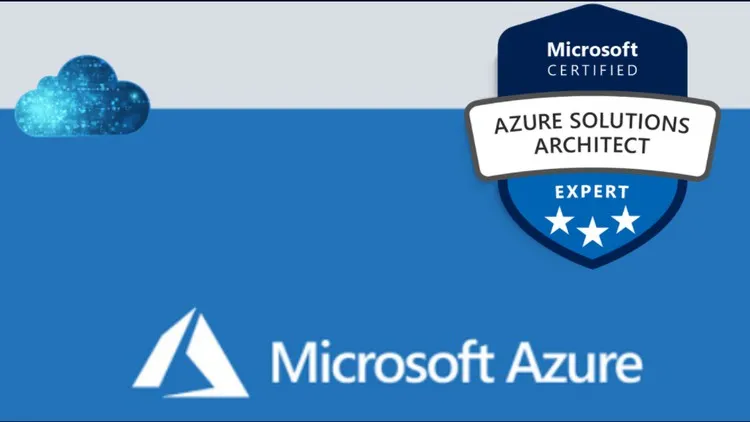The SGL-offered build and Implement Microsoft DevOps Solutions Training Course imparts the necessary information and abilities to build and execute DevOps procedures and practices.
The information and abilities needed to develop and use DevOps procedures and practices are covered in this course. The course will cover the following topics: DevOps planning, source control, scaling Git for an enterprise, managing secrets, consolidating artifacts, designing a release strategy, implementing a container build strategy, establishing a release management workflow, implementing a deployment pattern, and optimizing feedback mechanisms.
Course Outline
- How to plan for DevOps
- Use source control
- Scale Git for an enterprise,
- Consolidate artifacts
- Design a dependency management strategy
- Manage secrets,
- Implement continuous
- Integration,
- Implement a container build strategy,
- Design a release strategy,
- Set up a release management workflow,
- Implement a deployment pattern,
- And optimize feedback mechanisms.
Course Benefits
By the completion of the training, the participants in the course will have received the following benefits:
- Create a common plan for the change that includes deadlines.
- Choose a project and determine the Key Performance Indicators (KPIs) and project metrics.
- Establish an adaptable organizational structure and a team.
- Create a plan for integrating tools.
- Create a licensing management plan (for GitHub users and Azure DevOps, for example).
- Create a plan for complete traceability from work items to functional software.
- Create a plan for access and authentication.
- Create a plan for combining cloud and on-premises resources.
- Outline the advantages of utilizing source control.
- Describe GitHub and Azure Repos.
- Convert to Git from TFVC.
- Control code quality with SonarCloud and other tooling technologies, as well as technical debt.
- Increase organizational understanding of code quality.
- Describe the organization of Git repos.
- Explain the procedures for branching Git.
- Use pull requests to facilitate code reviews and teamwork.
- Make use of automation with Git hooks.
- Promote internal source throughout the company by utilizing Git.
- Describe the functions of Azure Pipelines and its parts.
- Set up agents to work with Azure Pipelines.
- Describe the significance of continuous integration.
- Use Azure Pipelines to put continuous integration into practice.
- Describe the engineering of site reliability.
- Create procedures that track and evaluate user input and end-user satisfaction.
- Create procedures for application analytics automation.
- Control notifications, minimizing useless and non-actionable warnings.
- Conduct impartial retrospectives and establish a fair culture
- Specify the toolset and infrastructure that are needed for an application infrastructure and release process.
- Integrate security and compliance into your application infrastructure.
- Explain the possible difficulties in incorporating open-source software.
- Check the security of open-source software packages
Prerequisites
- Principles of cloud computing, including knowledge of PaaS, SaaS, and IaaS implementations; • Proven competence in Azure development and management; this includes at least one of these domains.
- Agile software development, version control, and fundamentals of software development. Possessing prior expertise in a software delivery business would be beneficial.
- The following will be familiar to and understood by successful learners:
- Concepts related to cloud computing, including as knowledge of PaaS, SaaS, and IaaS implementations.
- Proven competence in at least one of the following areas: version control, agile software development, and fundamental software development principles—both in Azure development and management. Possessing prior expertise in a software delivery business would be beneficial.
- Course 8542, Microsoft Azure Administrator Training (AZ-104), is a good option if you’re new to Azure administration.
- If you’re a novice Azure Developer, you might want to enroll in Course 8538, Microsoft Azure Training
Overview
The information and abilities needed to develop and use DevOps procedures and practices are covered in this course. Planning for DevOps, using source control, scaling Git for an enterprise, managing secrets, consolidating artifacts, designing a release strategy, implementing a container build strategy, implementing a deployment pattern, and optimizing feedback mechanisms are just a few of the skills that students will learn.
Following the session, participants will be eligible to take and pass the AZ-400 exam.




